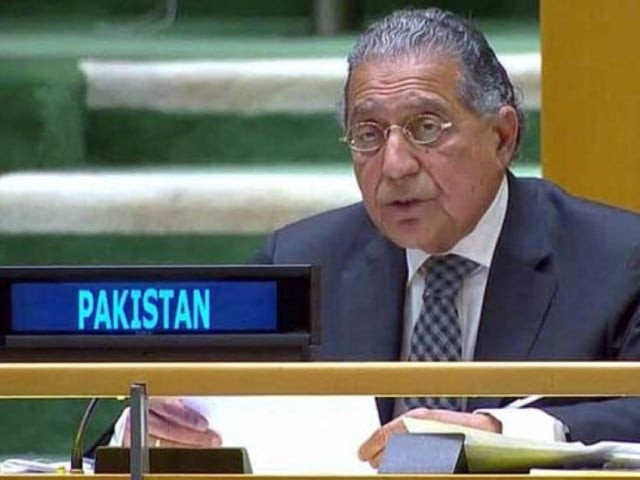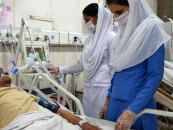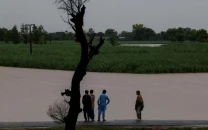We can influence Taliban's TTP policy: Akram
Contrary to Pakistan's expectations, the Afghan Taliban have provided shelter to the TTP and its affiliates.

On August 15, the Afghan Taliban will mark three years in power. When the insurgent group regained control of Kabul, there were celebrations in some quarters of Pakistan, as many believed that the change of government in Afghanistan would benefit the country.
Islamabad was hopeful that under Taliban rule, anti-Pakistan terrorist groups, such as the Tehreek-e-Taliban Pakistan (TTP), would be restricted from operating in the neighboring country.
However, contrary to Pakistan's expectations, the Afghan Taliban have not only refused to take action against these groups but have also provided shelter to the TTP and its affiliates.
Three years on, relations between Pakistan and Afghanistan are at their lowest point, raising questions about the success of Islamabad's Afghan policy.
"I don't think this is a failure of Pakistan," said Pakistan's Permanent Representative to the UN, Munir Akram, in an interview with The Express Tribune.
Ambassador Akram emphasised that policies evolve with change of governments.
When asked, the veteran diplomat said the reason the issue of the TTP is unresolved is because of internal differences within Afghanistan.
The ambassador pointed out that organizations like Al-Qaeda and the TTP have had historical ties with the Taliban. While Pakistan has consistently sought a peaceful resolution to eliminate the TTP, the Taliban's internal issues have led it to adopt a seemingly softer stance toward this terrorist group.
"Pakistan's effort has always been to resolve this matter peacefully but due to their (Taliban) internal differences, there has been no progress," he said.
The ambassador said the Afghan Taliban has an "ideological affiliation" with the TTP.
"Pakistan has been trying to resolve this issue peacefully from the beginning," the ambassador said, but cautioned that if cross-border terrorism continues Pakistan will respond as it has the power to do so.
"Afghanistan is our neighboring country and we have to resolve the issue of terrorism, and we will."
"Our efforts are ongoing at three levels. Firstly, we are taking actions under the National Action Plan to stop infiltration. Secondly, we are trying to persuade the Taliban that this [presence of terrorist groups] is against Pakistan, the region, and also against themselves (Taliban)."
When asked why despite Pakistan's efforts, the Afghan Taliban are not willing to neutralize the TTP and have rather denied their presence on Afghan soil, the ambassador refuted the suggestion.
"It is your assumption that we cannot change their (Taliban) policy; it is not our assumption," he insisted. "Whether it is the Taliban or someone else, any government will try to change their policy through diplomacy, and this effort is ongoing," he added.
"We will do this at a bilateral level, at the regional level, and at the international level."
He said the UN monitoring report that came out recently validated Pakistan's stance.
"We need to build a consensus in the international community that the issue of terrorism should be resolved and prioritized."
Ruling out the possibility of the Afghan Taliban getting international recognition in the foreseeable future, the ambassador highlighted that any future recognition of the Taliban and the lifting of sanctions on them are contingent upon the interim Afghan government's actions against terrorism.



















COMMENTS
Comments are moderated and generally will be posted if they are on-topic and not abusive.
For more information, please see our Comments FAQ